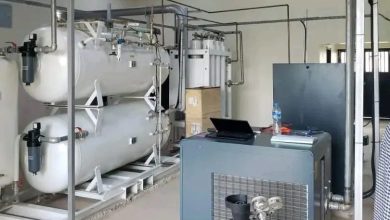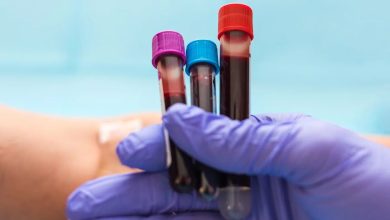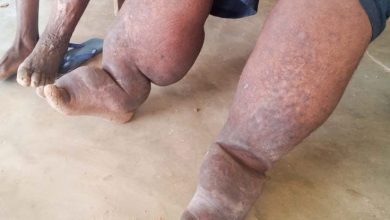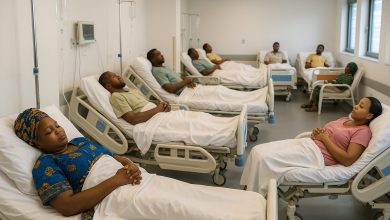EU Launches €10.4 Million Solar for Health Project to Power Nigerian Primary Healthcare Centers
The European Union has launched a €10.4 million solar energy project to power primary healthcare centers across Nigeria, aiming to boost rural healthcare delivery and infrastructure resilience.
Unveiled in Abuja, the Nigeria Solar for Health Project will initially electrify 45 facilities, improving maternal care, vaccine storage, and emergency services while supporting local businesses and advancing Nigeria’s green energy goals.
The European Union (EU) has officially launched a transformative €10.4 million investment in the Nigeria Solar for Health Project (NISHP), a nationwide initiative aimed at equipping primary healthcare centres (PHCs) with reliable solar energy systems. The project, which was unveiled during a high-level Project Developers Roundtable Workshop in Abuja, is expected to significantly improve Nigeria’s public health infrastructure by delivering 24-hour clean and efficient energy to dozens of healthcare facilities.
Speaking at the event, Inga Stephanowicz, Head of Section for Green & Digital Economy at the EU, described the project as a “milestone” in the EU’s development partnership with Nigeria. She emphasized that NISHP is not just about infrastructure but about transforming healthcare outcomes, particularly in underserved and rural areas where electricity shortages often cripple basic services.
“This €10.4 million initiative, funded by the European Union, marks a milestone in the project’s implementation in Nigeria,” Stephanowicz said. “It aims to provide round-the-clock solar power to participating healthcare facilities, enabling them to deliver consistent, life-saving care.”
Strategic collaboration and sustainability
NISHP is designed as a collaborative model, involving the EU, the Federal Government of Nigeria, selected state governments, the private sector, and local communities. The project will begin by electrifying 45 healthcare centers in states such as Abia, Akwa Ibom, Ogun, Plateau, and Enugu, with more states expected to come on board in future phases.
According to Stephanowicz, the project goes beyond just healthcare delivery. By targeting facilities located in areas with strategic value, the initiative will also provide power to nearby small and medium-sized enterprises (SMEs), telecom towers, and community hubs, promoting local economic growth.
“By collaborating with state government actors and leveraging counterpart funding, this initiative will also benefit SMEs and telecom infrastructure,” she added.
Economic and health impact
Nasiru Bello, team lead for NISHP, underscored the project’s long-term impact on national development. He stated that by deploying solar energy, Nigeria is not only addressing critical energy access issues but also unlocking broader social and economic opportunities.
“The NISHP is a step in the right direction towards a brighter, more sustainable future for Nigeria’s healthcare sector,” Bello said. “With continued support and effective implementation, this initiative can make a lasting difference in the lives of millions of Nigerians.”
Bello noted that the electrification of PHCs will improve vaccine storage, emergency response, and maternal care, particularly in regions with poor grid coverage. He added that consistent monitoring and adjustments will be built into the project design to ensure adaptability and success.
Climate resilience and rural focus
Tinyan Ogiehor, stakeholder engagement expert for the project, emphasized the initiative’s alignment with Nigeria’s climate goals and the Energy Transition Plan. He highlighted that rural communities, where access to electricity is extremely limited, stand to benefit the most.
“By leveraging solar power, Nigeria can reduce its reliance on fossil fuels, mitigate climate change, and promote sustainable energy solutions,” Ogiehor said.
He stressed that electrifying rural PHCs would not only reduce maternal and child mortality but also ensure that critical services such as immunizations and nighttime procedures can be carried out without interruption.
Project timeline and outlook
The NISHP will run from 2024 to 2027, with implementation set in phases across different states. It forms a cornerstone of the EU’s broader partnership with Nigeria in the areas of healthcare, green energy, and digital transformation.
As the first installations roll out, the EU hopes the project will serve as a blueprint for similar renewable energy-driven healthcare interventions across Africa



